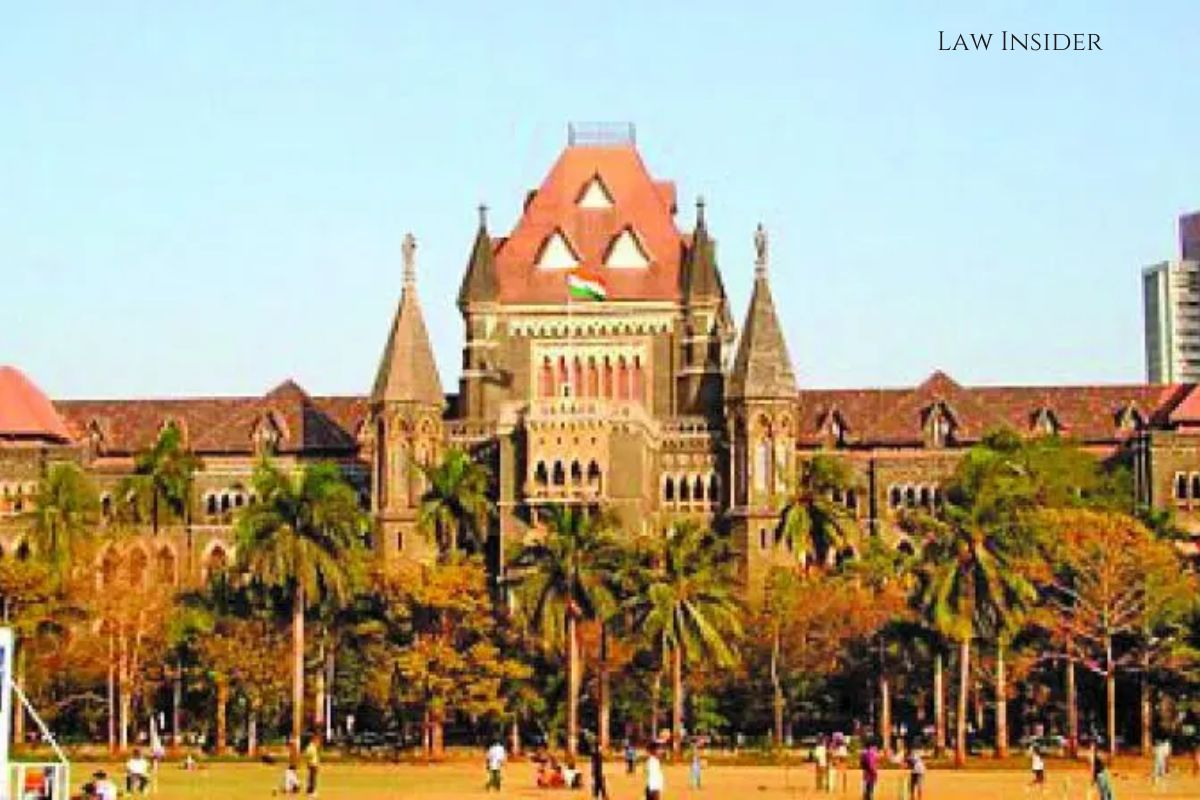Shashwati Chowdhury
Published on: August 10, 2022 at 19:59 IST
Last Monday, the Bombay High Court‘s Aurangabad Bench said that the courts must carefully scrutinize any dying declaration submitted for record by the defence before accepting it.
The Court observed,
“To pass test of reliability the dying declaration has to be subjected to a very close scrutiny keeping in view with the fact that the statement has been made in absence of accused, had no opportunity to test the veracity of such statement by cross examination.”
A judgement from the sessions court that acquitted the dead woman’s husband and his family was set aside by Justice Bharat Deshpande, members in a dowry death lawsuit based on the deceased wife’s dying declaration.
Given that the statement was given without the presence of the accused, who would have been able to assess its veracity through cross-examination, the dying declaration must pass an extremely rigorous reliability test.
In the present case, within three years of marriage in 2001, the woman died from shock as a result of 97% burn injuries. Her Parents alleged that her in-laws had mistreated her and demanded dowry Sections 498A and 304-B case.
A case was brought up under IPC sections 306 and 34 against the parents. The sessions court acquitted the accused on the basis of the wife’s dying declaration.
The court held that the sessions judge committed patent illegality by relying on the dying declaration when there was no medical documentation to show the woman was in “fit state of mind to be making such declaration. The court continued, “It was the learned Sessions Court’s duty to first and foremost satisfy himself that such declaration was obtained by following to all parameters.”
The court, acting in exercise of its jurisdiction under section 401 of the CrPC, concluded that the Sessions Judge had totally ignored established legal propositions of law regarding dowry deaths, the appreciation of evidence in connection with demands for which there is typically no independent witness, and dying declarations that appears not to be genuine. Therefore, it is an injustice to acquit all accused persons on these grounds. Remanding the case back to the learned Sessions Judge to be decided afresh.

